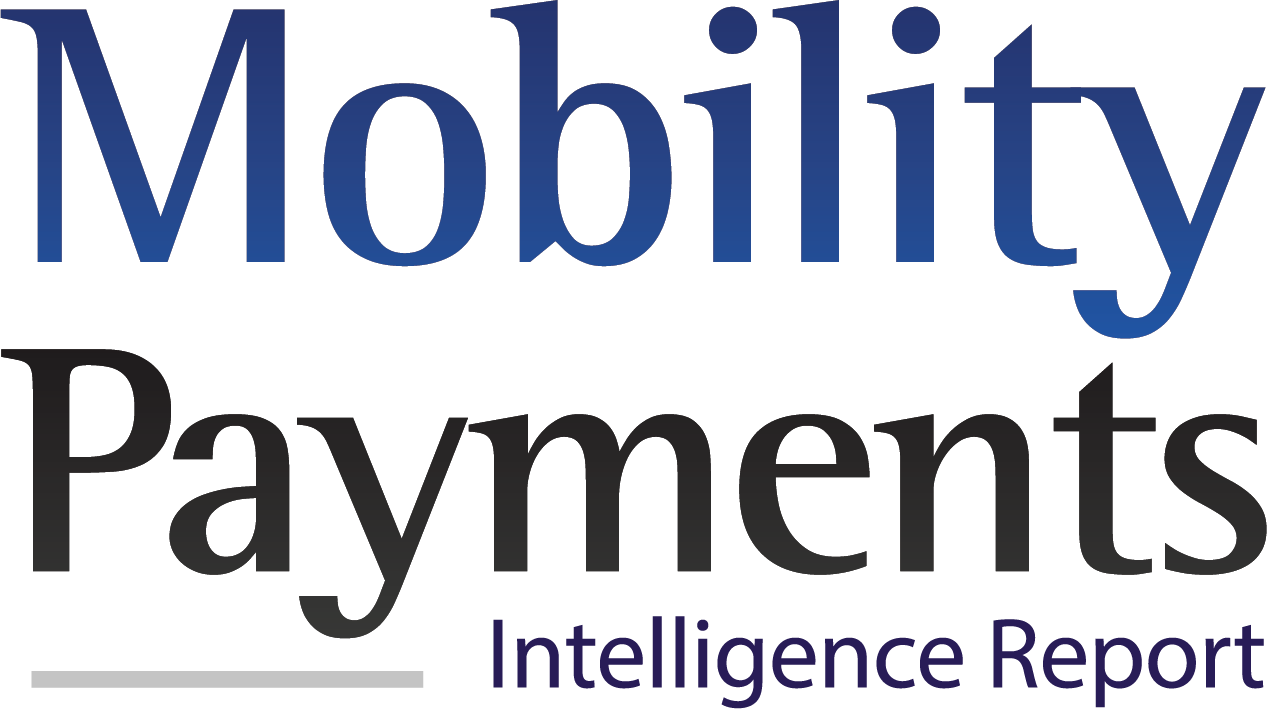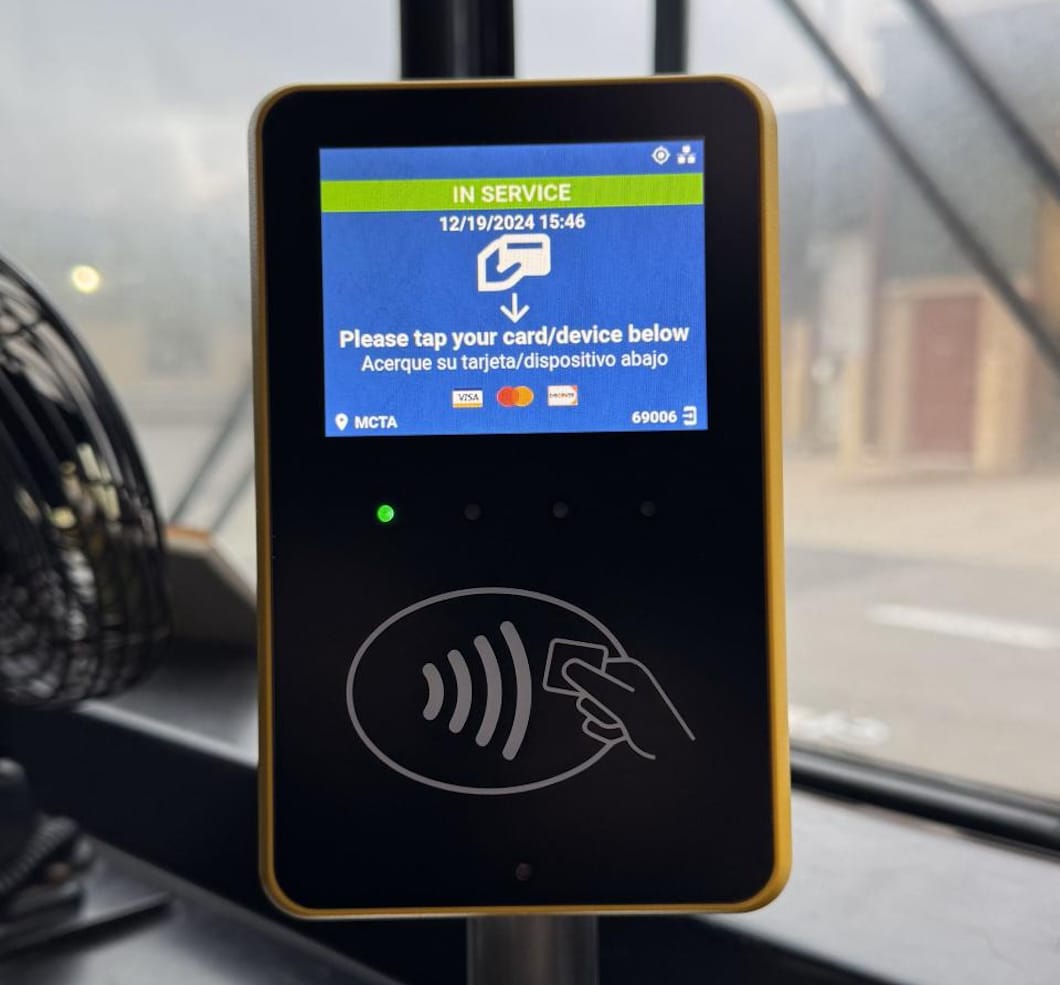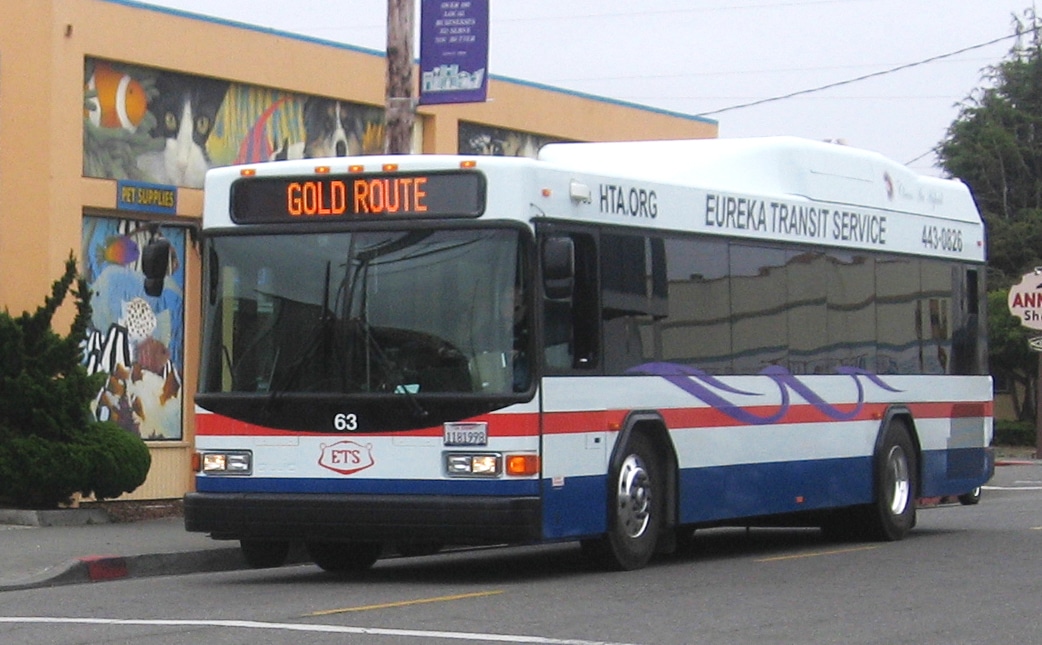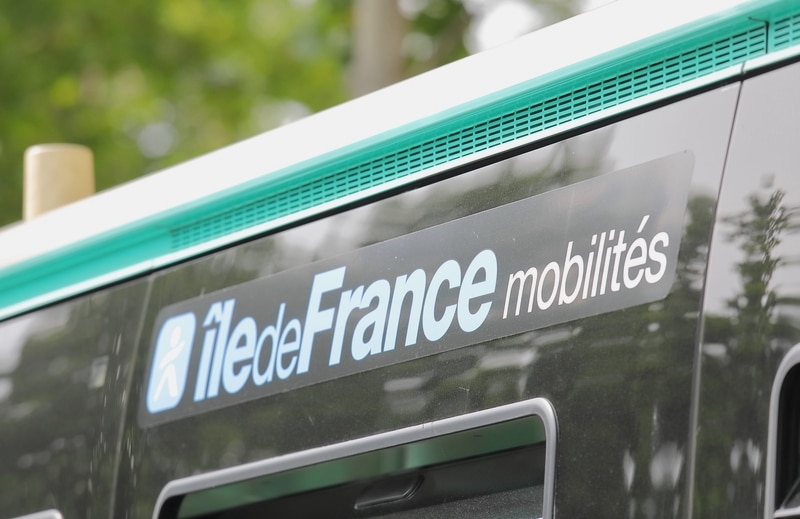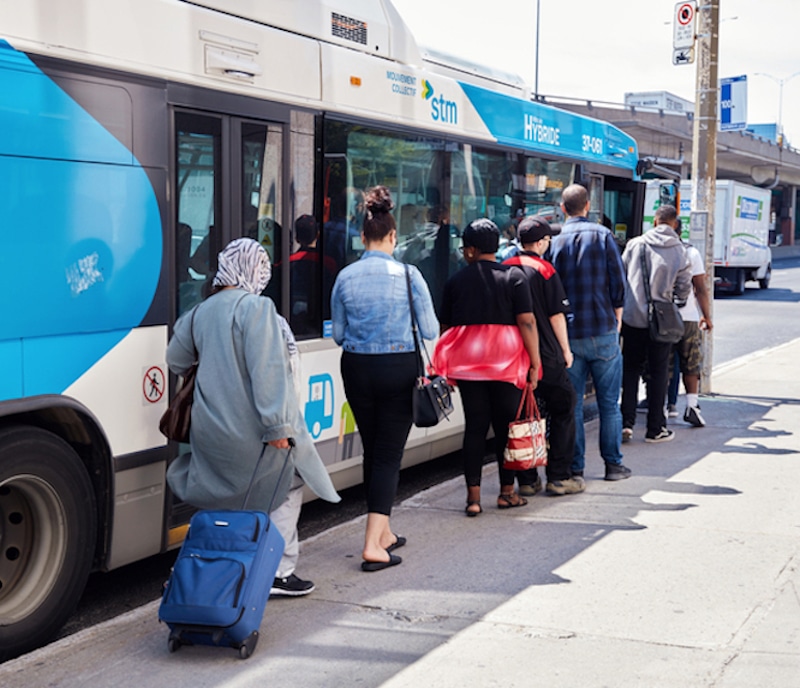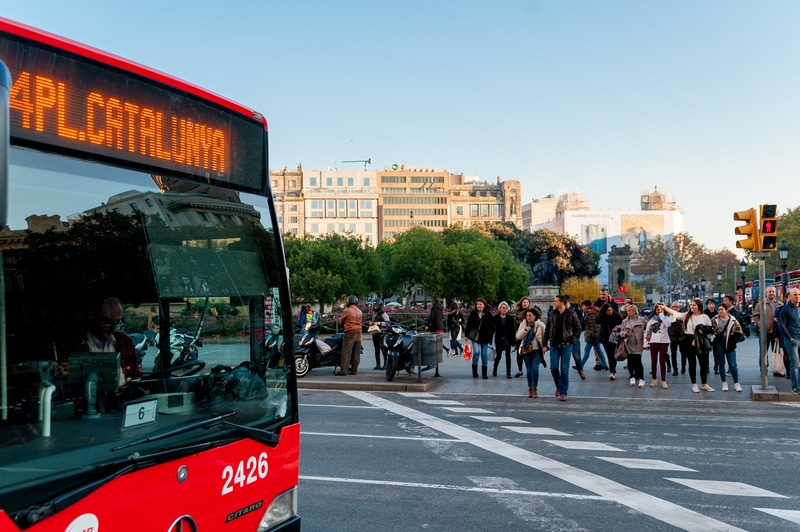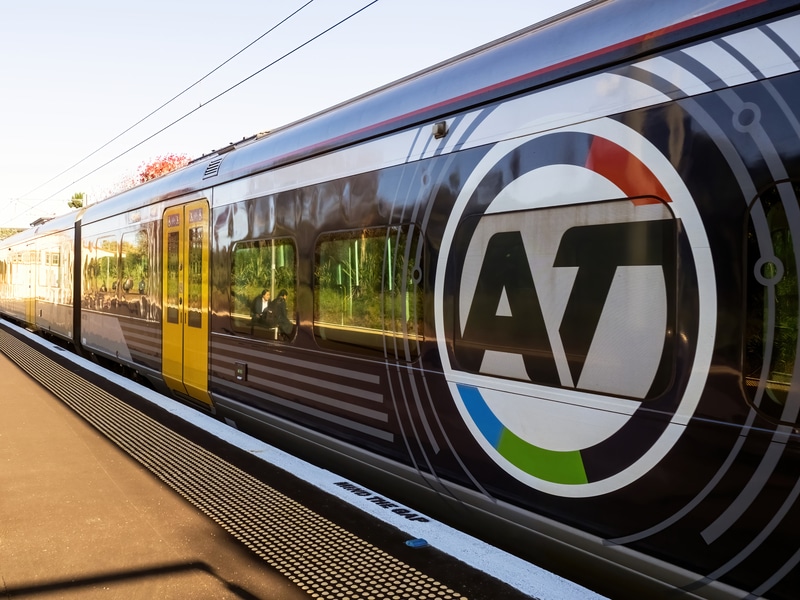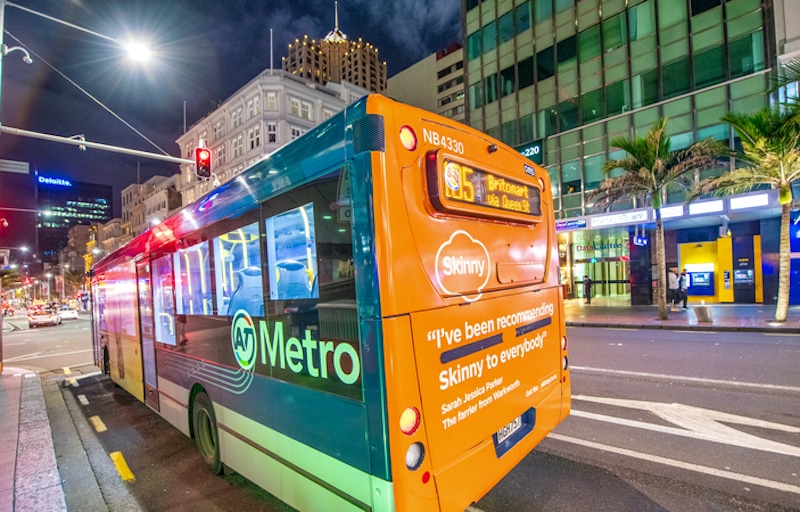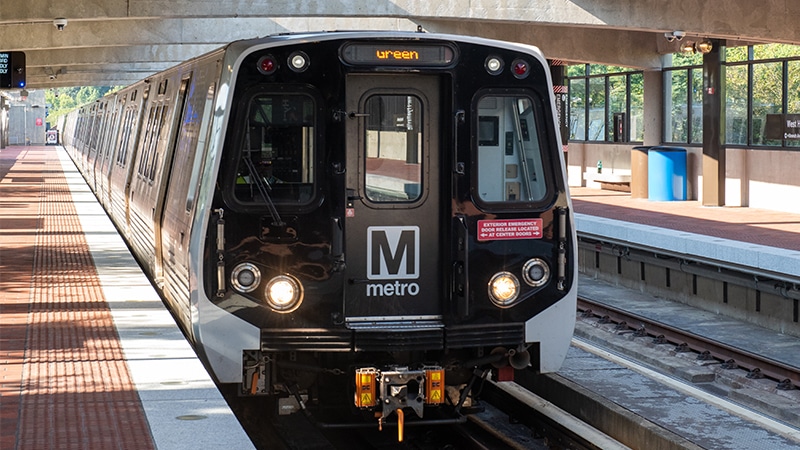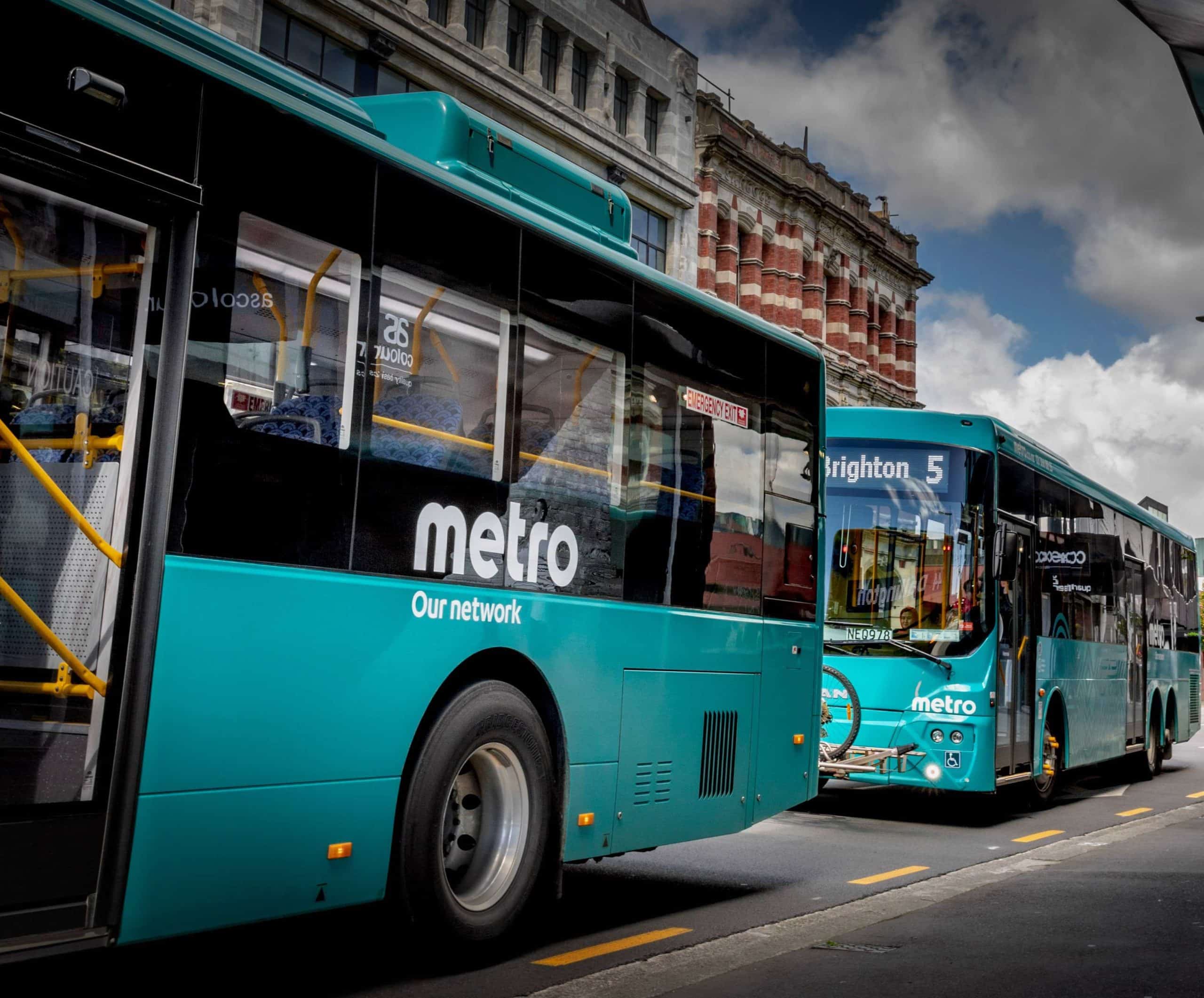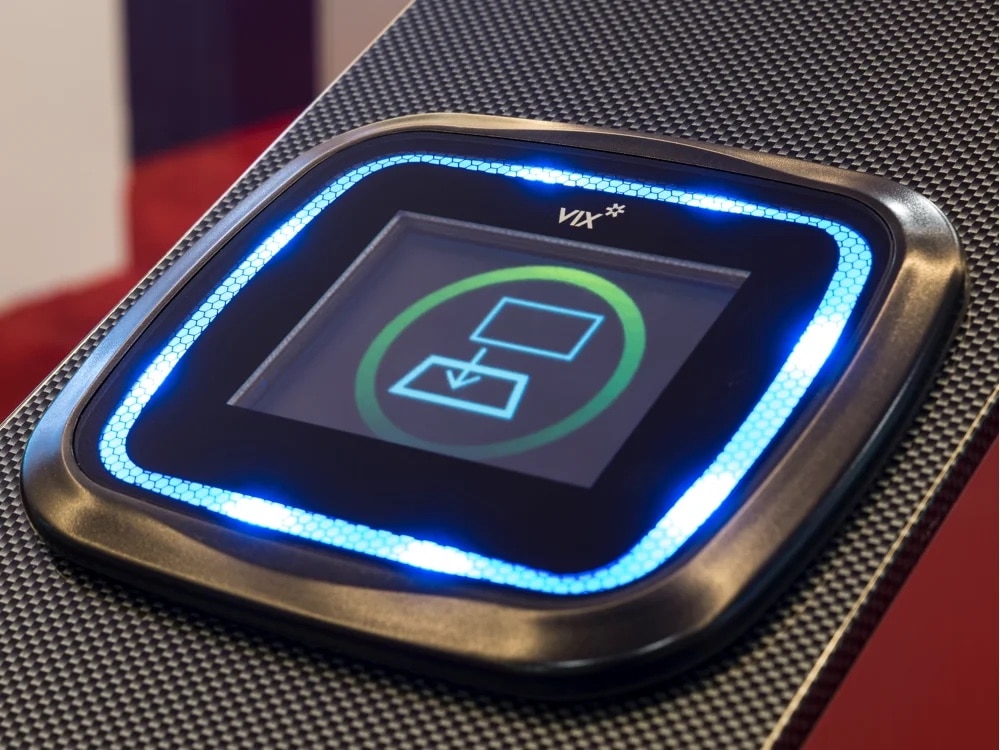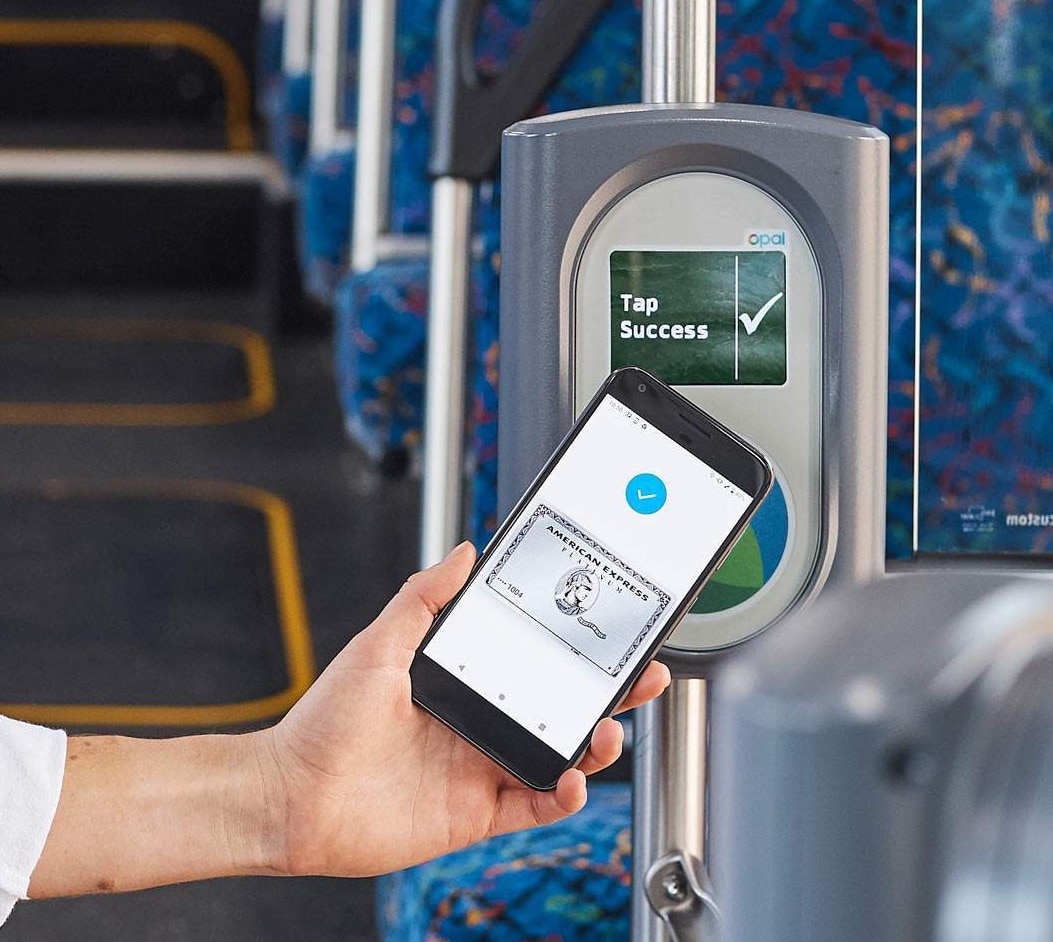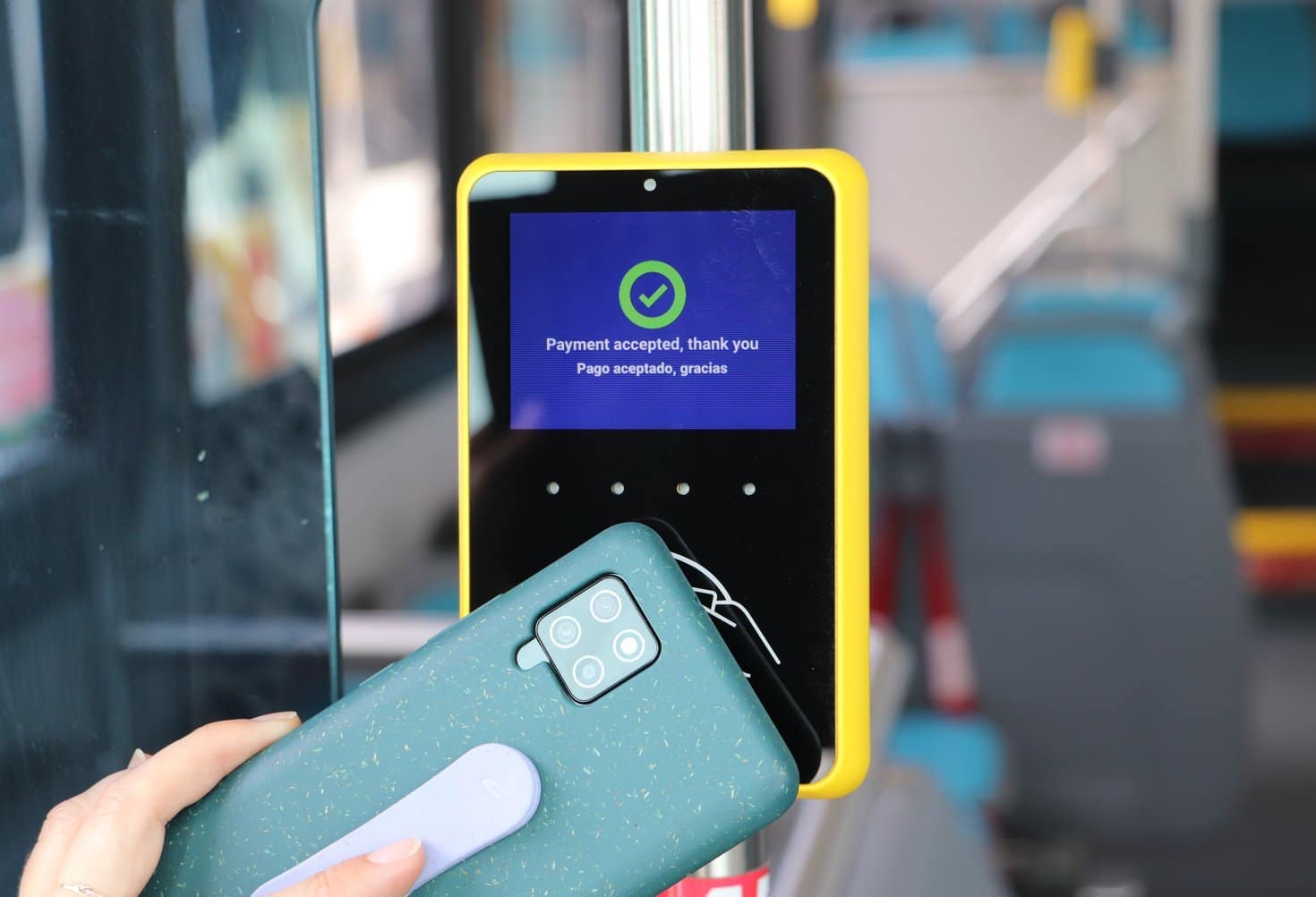
Article Highlights
California officials have issued a notice of intent to award contracts for a high-profile initiative to help transit agencies procure the hardware and software they need to accept open-loop payments. The number of qualified suppliers appears to have come in well below expectations.
Table: Bidder rankings on non-cost criteria
California state officials late Tuesday released a list of seven bidders it intends to award contracts to for the supply of core technology for the state’s ambitious plan to help more than 300 transit agencies roll out open-loop fare payments statewide.
